Search
Showing results for "Au"
Research
Protection against neonatal respiratory viral infection via maternal treatment during pregnancy with the benign immune training agent OM-85Incomplete maturation of immune regulatory functions at birth is antecedent to the heightened risk for severe respiratory infections during infancy. Our forerunner animal model studies demonstrated that maternal treatment with the microbial-derived immune training agent OM-85 during pregnancy promotes accelerated postnatal maturation of mechanisms that regulate inflammatory processes in the offspring airways.

News & Events
Active books for active kids!Walk through the jungle, hunt for the bear, or do the animal bop this Book Week! Acting out stories is a wonderful way to encourage active play with your child.
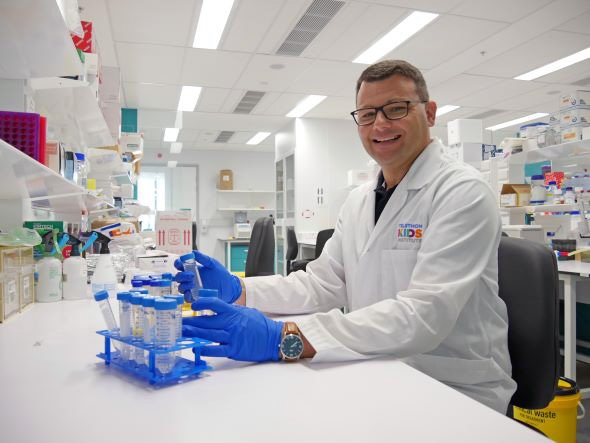
News & Events
New study to find COVID-fighting properties in existing medications thanks to national grantNearly 50 existing prescription medications already used by Australians will be tested by new research in the fight against COVID’s mutant variants.
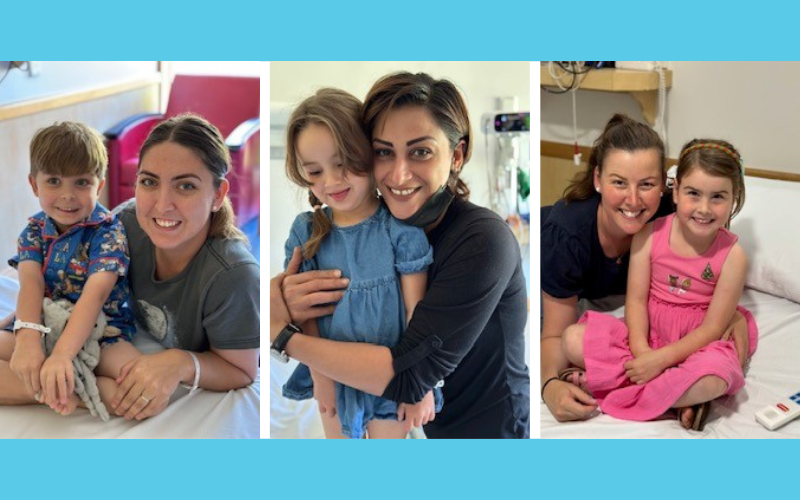
News & Events
300th participant recruited to crucial respiratory research programA research program, which enables over 25 important respiratory research studies to be undertaken, celebrated the recruitment of its 300th participant on 14 December 2022.
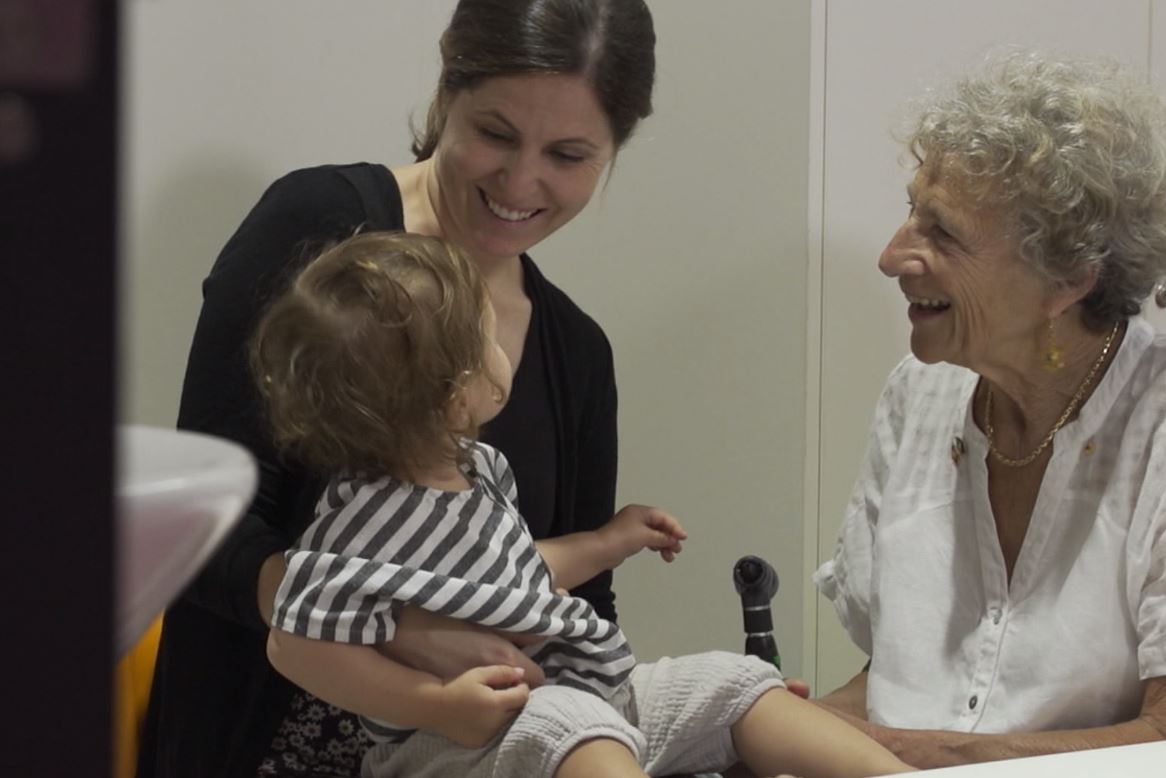
News & Events
Outstanding mentor named Eureka prize finalistLeading infectious diseases researcher, Clinical Associate Professor Deborah Lehmann AO, has been named a finalist for the Australian Museum Eureka Prizes for her work training and mentoring a new generation of researchers.
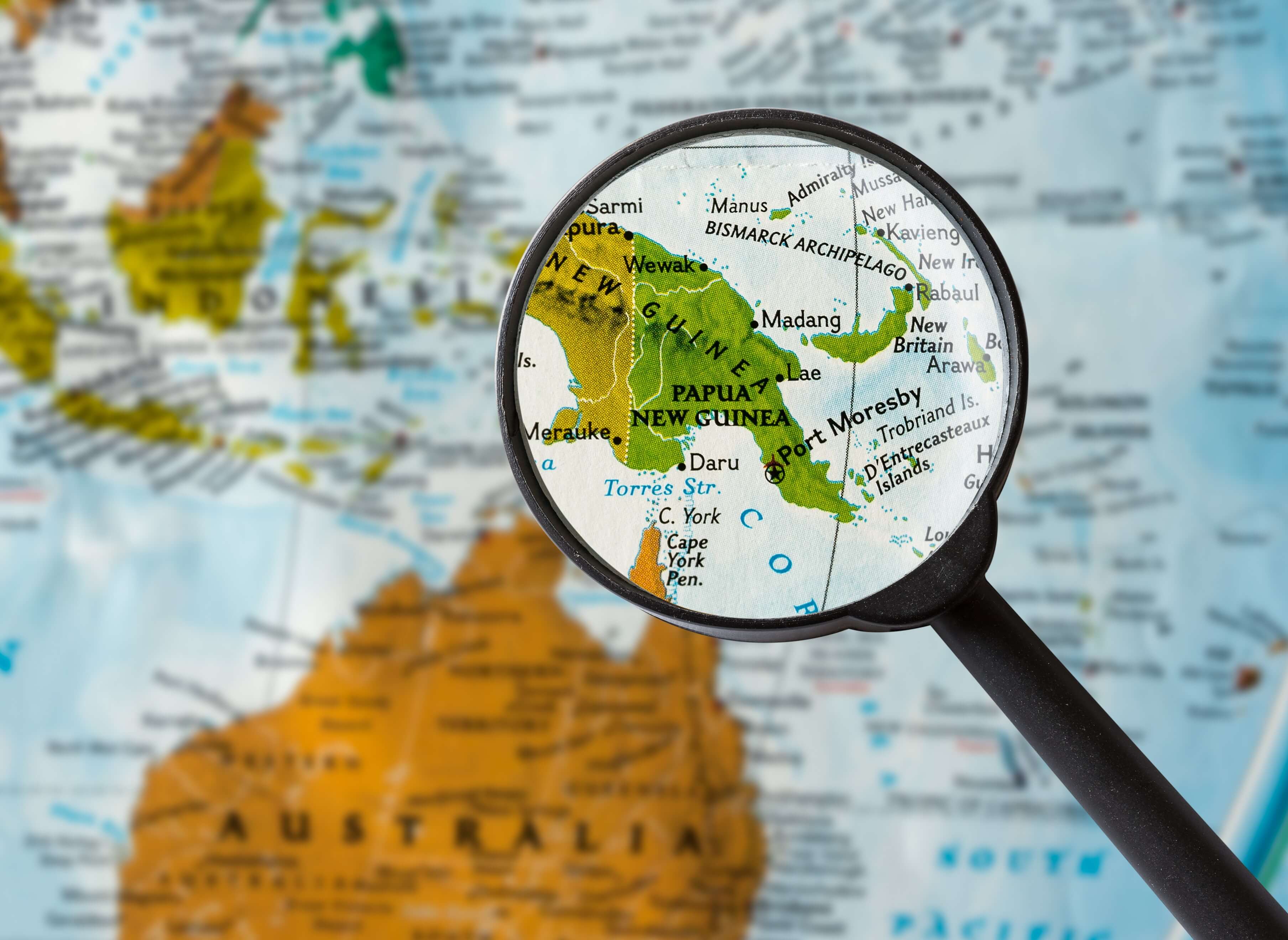
News & Events
Pneumococcal vaccine sees hospital admissions for deadly pneumonia slashed by halfThousands of children born in Papua New Guinea (PNG) no longer face a future cut short by severe pneumonia, thanks to the introduction of pneumococcal vaccination as part of the country’s National Immunisation Program.

News & Events
Study finds Covid-19 severity reduced for childrenAn international study examining Covid-19 severity on hospitalised children and adolescents has found that as the virus became more infectious, intensive care admissions dropped across multiple age groups regardless of vaccination status.
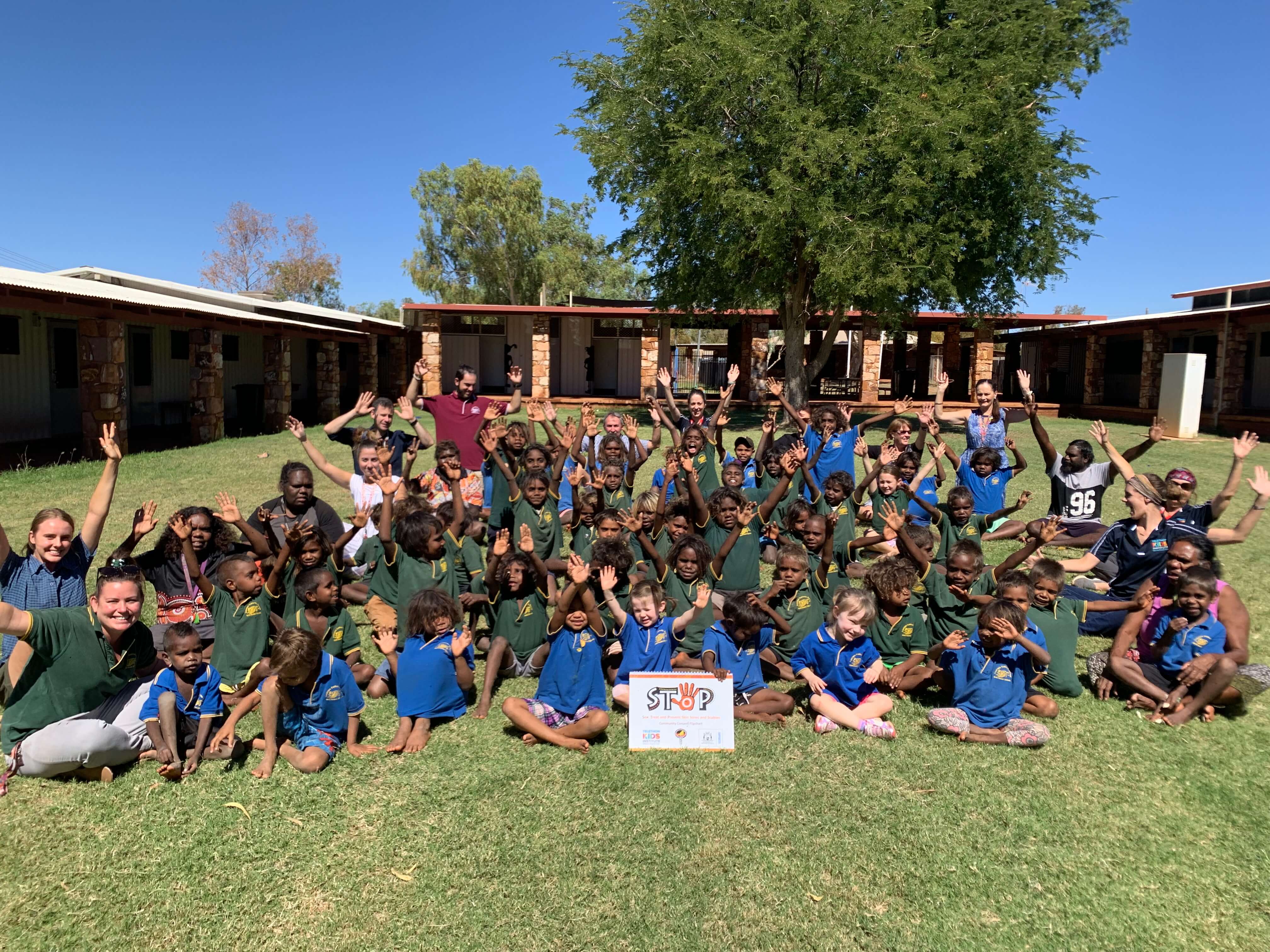
News & Events
Major grant empowers community voices to drive reduction in skin infectionsAboriginal community members throughout the Kimberley will take a lead role in driving healthy skin messages within their own communities thanks to a major funding boost to The Kids Research Institute Australia’s SToP Trial.
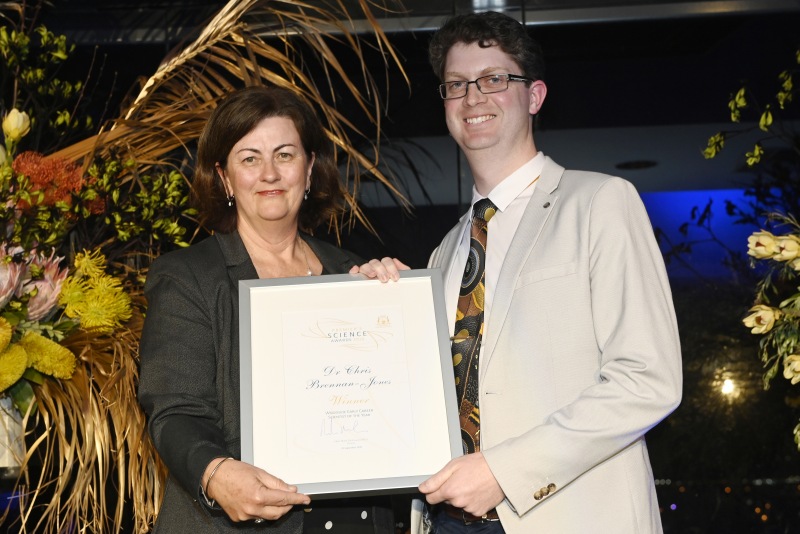
News & Events
The Kids researchers honoured at Premier’s Science AwardsCongratulations to Telethon Kids Institute researcher Dr Chris Brennan-Jones who was named Woodside Early Career Scientist of the Year at last night’s 2020 Premier’s Science Awards.
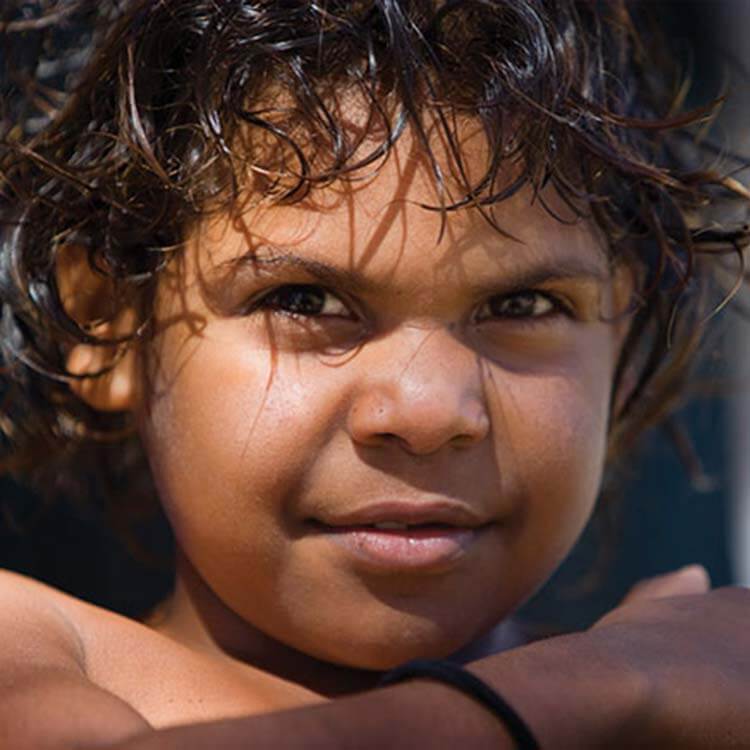
News & Events
Implants could replace painful injections to treat rheumatic heart diseasePainful monthly penicillin injections to treat and prevent Rheumatic Heart Disease (RHD) could be replaced with a longer-acting implant, a recent study has found.
